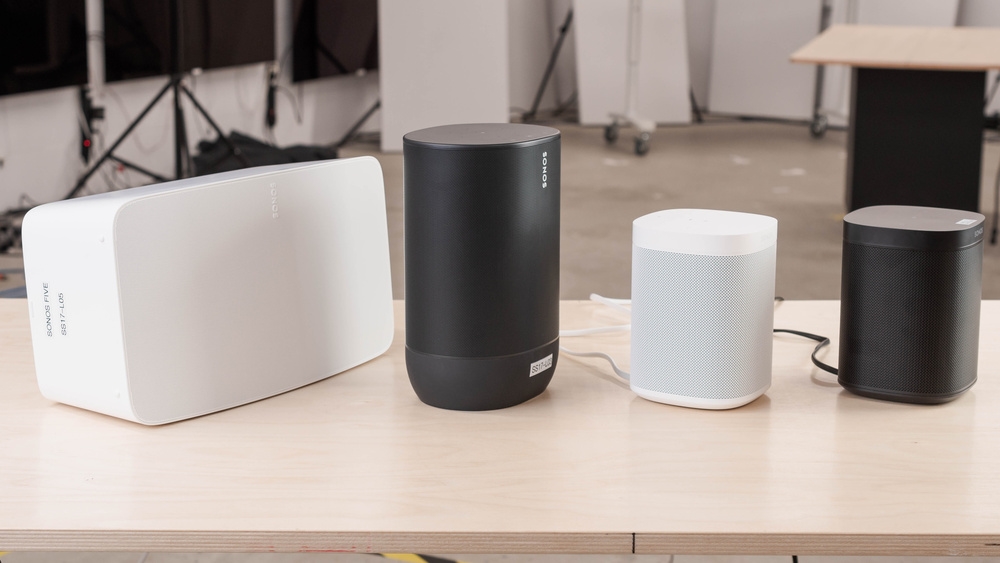Google found guilty in Sonos patent infringement case
Google is under legal fire after it was found to be guilty of violating US patent laws and infringing on the patent of Sonos speakers.
-

Sonos smart speakers
Google is in violation of five Sonos smart speakers patents, the US International Trade Commission ruled Friday, barring the internet giant from importing products that violate Sonos' intellectual property into the United States.
It is unclear whether any Google products will be out of the market, but, for the meantime, that seems unlikely to happen.
The commission found that Google had violated the 1930 Tariff Act aiming to prevent unfair competition through the import of products infringing on US patents, trademarks, or copyrights. The trade regulator also issued a cease-and-desist order against Google.
Sonos wants the tech giant to pay a licensing fee, saying Google would have to degrade its speakers if it refuses to do so. However, Google claims it has already found a solution to prevent any interruptions.
"There is a possibility that Google will be able to degrade or eliminate product features in a way that circumvents the importation ban," Sonos chief legal officer Eddie Lazarus said, which he argued would adversely affect consumer experience while still infringing patents and racking up damages.
Google seems to disagree with the ruling, saying it will "continue to defend ourselves against Sonos' frivolous claims about our partnership and intellectual property."
The US International Trade Commission found that the tech giant had infringed all five patents Sonos had complained about.
Sonos says Google cloned its multi-room audio feature, which allows speakers to synchronize and play music at the same volume across several rooms in a home.
"The set up for controlling home audio systems, the synchronization of multiple speakers, the independent volume control of different speakers, and the stereo pairing of speakers" are the features affected by the US ruling, Lazarus said.
Google reasserted that it disagreed with the decision, but voiced gratitude over the trade regulator approving their modified designs, "And we do not expect any impact to our ability to import or sell our products," a spokesperson said.
The trade commission's ruling has a 60-day grace period before the import ban is imposed, while the ruling is subject to presidential review. Meanwhile, the tech giant said it would "seek further review."
The tech has been in legal battles for the majority of its existence, the latest of which include several states filing antitrust complaints against it and a privacy lawsuit over its voice assistant.

 3 Min Read
3 Min Read








